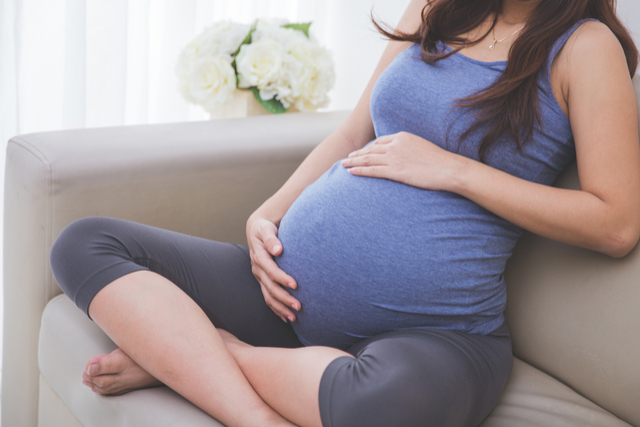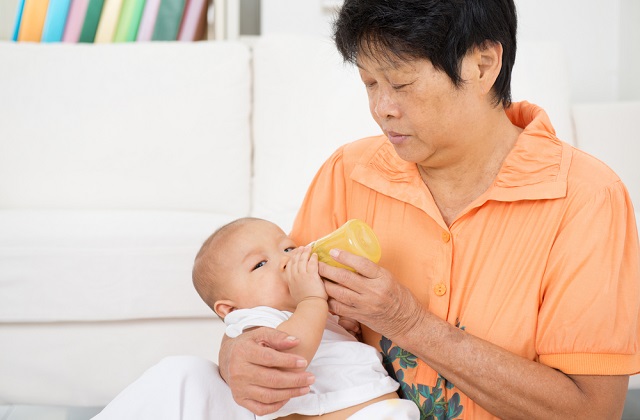Does age affect fertility in women?
Age and Fertility
Age is the most important factor affecting a woman’s chance to conceive and have a healthy child. As a woman becomes older, both the quantity and quality of her eggs start to deteriorate. It gets harder to conceive and the risk of miscarriage and pregnancy complications increase.
Women are most fertile in their early 20s. In your 20s, you have the highest number of good quality eggs. Pregnancy at this time will likely be low-risk and the chances of giving birth to a healthy baby will be higher. Most women in their 20s conceive within a year with regular sex (having sex every 2-3 days during their cycle).
Fertility starts to decline from the age of 30, and this decline speeds up after 35. After 35, the chance of being infertile, having a miscarriage or pregnancy complications increases. According to the American Pregnancy Association, women aged 35-40 have a 20-35% chance of miscarriage.
Therefore, from a biological point of view, it is best for women to have babies before 35 years old.
Why does fertility decline?
Less frequent ovulation
As women approach menopause, periods become more irregular and ovulation becomes less frequent. Without ovulation, there is no chance of conceiving.
Quantity and quality of eggs
As women age, they not only have less eggs in their body, they also have less good quality eggs.
Blockages to the fallopian tubes
The fallopian tubes play a key role in conception as they help an egg to travel from the ovaries to the uterus, and help sperm travel up.
Fallopian tubes may be blocked because of the following reasons:
- Pelvic infections
- Having sexually transmitted diseases such as gonorrhoea or chlamydia
- Previously burst appendix
- History of abdominal surgery
- Endometriosis
- Hydrosalpinx; a condition whereby there is swelling or fluid at the end of a fallopian tube
Decrease in cervical mucus
As women age, they may have a decrease in cervical fluid. Cervical mucus plays an important role in conception as it nourishes and protects the sperm as it makes its way through the female’s reproductive tract to reach the egg.
Fibroids
It is common to have different types of fibroid tumours in the uterus, but depending on the location of the tumour, it may cause problems in getting pregnant.
Endometriosis
A condition whereby the endometrial lining of the uterus attaches itself to organs outside the uterus. This lining is then unable to leave the body.
What can I do to get pregnant?
If you are in your 20s, it is recommended to start a family as soon as you can as you are at your most fertile period and will most likely have a low-risk pregnancy.
Do not be alarmed if you do not get pregnant immediately. About 80% of couples conceive within a year of having regular, unprotected sex (two to three times a week). If you are still unable to get pregnant after a year, you should then consult a doctor to identify any fertility problems.
For women aged 35-40, don’t fret if you are having trouble conceiving. You will be heartened to know that the number of women conceiving in their 40s has doubled over the past three decades in Singapore. If you are having trouble conceiving naturally, consult a doctor to identify any fertility problems. Your doctor may advise you to opt for assisted reproductive techniques such as Artificial Insemination (IUI) or In-Vitro Fertilisation (IVF). According to Dr Yeong Cheng Toh, a consultant gynaecologist and reproductive endocrinologist at Virtus Fertility Centre Singapore, IVF boosts a woman's chances of conceiving, regardless of her age.
It is important to have a nutritious and balanced diet when you are trying to conceive a baby. Avoid foods that are high in fat, sugar and sodium, and opt for healthier options such as lean meat, fruits, vegetables, nuts and grains. Learn more about nutrition for fertility.
You should avoid alcohol, excessive caffeine consumption or taking drugs (unless specially prescribed by your doctor) when you are trying to have a baby. Learn more about the things to avoid when you want to conceive.
Sources:
Gan, E. (2016, December 27). More women in Singapore giving birth in their 40s. Retrieved from https://www.straitstimes.com/singapore/health/more-women-in-singapore-giving-birth-in-their-40s
American Pregnancy Association. Trying to Conceive After Age 35. (2017, March 28). Retrieved from http://americanpregnancy.org/getting-pregnant/trying-to-conceive-after-age-35/









